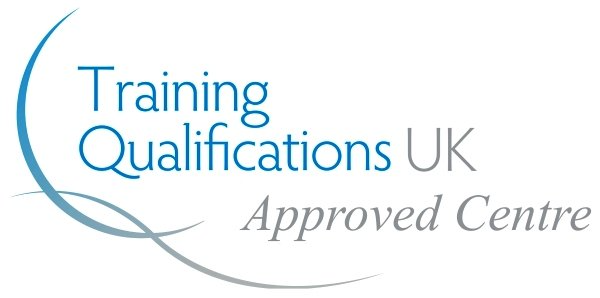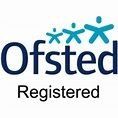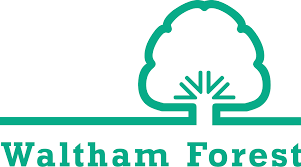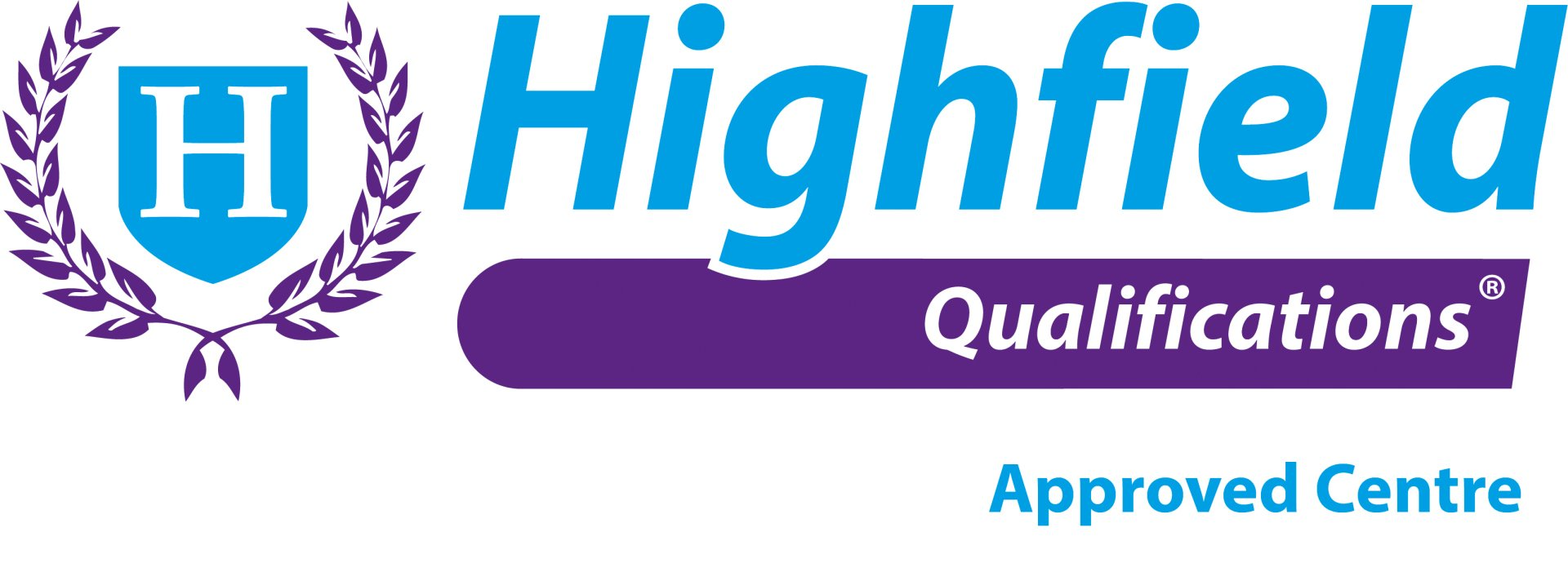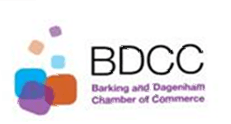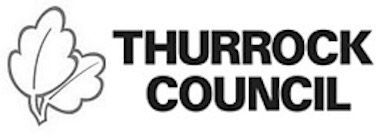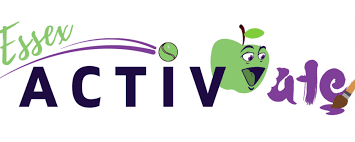Qualification and Training
Qualification Search scroll across tabs for mobile view

TQUK Level 5 Diploma for Senior Early Years Practitioners (RQF)
The Level 5 Diploma for Senior Early Years Practitioners is regulated by Ofqual and approved by the Department for Education for the Early Years Workforce. It ensures compliance with the latest Early Years Educator standards and aligns with new requirements for learners.
This qualification is designed for those aspiring to move into leadership and management roles within early years settings. Learners will develop the knowledge, skills, and behaviours needed to be proficient Senior Practitioners, qualified to work with children from birth to five years.
Key Areas of Learning
Learners will gain knowledge and skills in:
- Leadership and Management
- Safeguarding and Welfare
- Inclusive Practice
- Professional Development
- Learning and Development
- Transitions and Wellbeing
- Pedagogy and Environment
- Information Management
- Assessment and Delivery
Accreditation
This qualification is accredited through TQUK. TQUK is an Awarding Organisation recognised by the Office of Qualifications and Examinations Regulation (Ofqual)
Assessment
This qualification is assessed in a real work environment. It may be delivered as a standalone qualification or alongside the Early Years Lead Practitioner apprenticeship.
Learners must be working as, or able to demonstrate the responsibilities of, a leader, deputy, or manager in a suitable setting.
Assessment must done through a range of assessment methods. For example, written assignment, direct observation, professional discussion and work products. Evidence must be mapped to meet the relevant unit, learning outcome and assessment criteria. Learners must achieve 109 credits from the 18 mandatory units. All learning outcomes must be met to achieve a pass - there is no grading.
Suitable settings include:
- Day nurseries
- Pre-schools
- School nurseries
- Reception classes
Not suitable: temporary childcare such as holiday clubs, afterschool clubs, or crèches.
Entry Requirements
Minimum age: 18 years.
There are no specific prior qualifications required, although completion of a Level 3 Early Years qualification is recommended.
Employment is preferable, but in exceptional cases, a voluntary placement may be acceptable at the centre’s discretion.
Learners must be able to evidence all behaviours and skills required of an early years leader.
Progression Opportunities
Successful learners may progress to higher-level qualifications such as:
- Level 6 Diploma in Applied Innovative Practice in Early Childhood Pedagogy and Care.
They may also move into senior roles within the early years workforce, including:
- Early Years Educator
- Early Years Lead Practitioner
- Childcare Practitioner
- Nursery Room Leader or Supervisor
- Nanny
- Nursery Manager
- Pre-school Practitioner
- Reception Class Teaching Assistant
- Other senior roles working with babies and children from birth to five years
Qualification Fee
The course fee is £1980.
Course fee can be paid in installments as agreed. E.g. £165 for 12 months.

TQUK Level 3 Diploma for Early Years Care and Education
Introduction to the Qualification
The TQUK Level 3 Diploma for Early Years Care and Education.
The purpose of this qualification is to prepare learners for employment within an early years setting. It is fully recognised by the Department for Education and Ofsted, and meets the requirements for both Early Years Educator Status and the Level 3 ratio requirement. Through this programme, learners will develop the knowledge and practical skills needed to become competent and confident Early Years Educators, qualified to work with children from birth to five years.
The qualification explores a wide range of essential topics, including:
- Child development and learning
- Health, safety, and wellbeing
- Safeguarding and inclusion
- Professional practice
- Transition and attachment
- Communication and partnership
Accreditation
This qualification is accredited through TQUK. TQUK is an Awarding Organisation recognised by the Office of Qualifications and Examinations Regulation (Ofqual) in England, CCEA Regulation in Northern Ireland and by Qualifications Wales.
Entry Requirements
There are no specific entry requirements however learners should have a minimum of Level two in literacy and numeracy or equivalent. The qualification is suitable for learners of 16 years of age and above.
Guided Learning Hours (GLH), Study time, Course Delivery & Duration
These hours are made up of all contact time, guidance, or supervision of a learner by an assessor or supervisor. there will be off-the-job online learning. The GLH for this qualification is 498 hours. Duration is up to 12 months. Learners will have access to laser learning e-portfolio and weekly session. Learners are expected to study and complete aspects of their assessment portfolio in their own time. This additional time is expected to be approximately 202 hours over the cycle of the qualification.
Real Work Environment Requirements
This qualification is designed to be assessed in a real work environment. Learners should be employed or in a voluntary placement within an early years setting and must complete and evidence a minimum of 300 hours. Hours may vary depending on the individual learner,
but a range of 300–350 hours is recommended. A suitable RWE is an Ofsted registered setting that follows the EYFS foundation stage framework and children in the setting will be between the ages of birth to five years. Examples could include:
• day nurseries
• pre-schools
• school nurseries
• reception classes
• childminders/home-based childcare.
Temporary childcare, such as holiday clubs, afterschool clubs, or crèches, are not suitable for this qualification. Learners must have experience of interacting with babies (0 to 11 months), toddlers (1 year to 2 years 11 months), and pre-school children (3 to 5 years) during the qualification. Centres should plan for learners to engage with each age group, which may include placements in the RWE.
Assessment
Assessment must done through a range of assessment methods. For example, written assignment, direct observation, professional discussion and work products. Evidence must be mapped to meet the relevant unit, learning outcome and assessment criteria. Learners must achieve 70 credits from the 17 mandatory units. All learning outcomes must be met to achieve a pass - there is no grading.
Progression
• TQUK Level 5 Diploma for Senior Early Years Practitioners
• TQUK Level 6 Diploma in Applied Innovative Practice in Early Childhood Pedagogy and Care.
• Or to employment in a job role such as: assistant pre-school worker or assistant in a children’s centre, day nursery or nursery school or in a nursery class in primary schools.
Qualification Fee
The course fee is £1500.
Course fee can be paid in installments as agreed. E.g. £125 for 12 months.

TQUK Level 2 Diploma for the Early Years Practitioner
Introduction to the Qualification
TQUK Level 2 Diploma for the Early Years Practitioner (RQF) is regulated by Ofqual.
Qualification Purpose
The purpose of this qualification is to gain the understanding and skills that a level 2 early years practitioner needs to demonstrate to be considered qualified to support young children from birth to 5 years old. It is relevant to a wide range of job roles in early years settings and is suitable for learners who wish to enter employment.
Accreditation
This qualification is accredited through TQUK.
TQUK is an Awarding Organisation recognised by the Office of Qualifications and Examinations Regulation (Ofqual) in England, CCEA Regulation in Northern Ireland and by Qualifications Wales.
Entry Requirements
There are no specific entry requirements however learners should have a minimum of Level two in literacy and numeracy or equivalent. The qualification is suitable for learners of 16 years of age and above.
Guided Learning Hours (GLH), Course Delivery & Duration
GLH for this qualification is 300 hours. These hours are made up of all contact time, guidance or supervision of a learner by a lecturer, supervisor, tutor, trainer or other appropriate provider of education or training.
Learners are expected to study and complete aspects of their assessment portfolio in their own time. This additional time is expected to be approximately 155 hours over the cycle of the programme. Total Qualification Time for this qualification is 455 hours.
The learner and assessor will agree the length of time for work placement to ensure sufficient experience gained to complete all ‘Be Able To Criteria’ to demonstrate their practical skills working with children. The learner has up to one year to complete their qualification.
Assessment
Assessment must done through a range of assessment methods. For example, written assignment, direct observation, professional discussion and work products. Evidence must be mapped to meet the relevant unit, learning outcome and assessment criteria. All learning outcomes must be met to achieve a Pass - there is no grading.
Progression
Successful learners can progress to other qualifications such as:
• TQUK Level 3 Award in ICT in Early Years (RQF)
• TQUK Level 3 Diploma for the Children’s Workforce (Early Years Educator) (RQF)
• or to employment in a job role such as: assistant pre-school worker or assistant in a children’s centre, day nursery or nursery school or in a nursery class in primary schools.
Qualification Fee
The course fee is £1250.
Course fee can be paid in installments as agreed. E.g. £125 for 10 months.
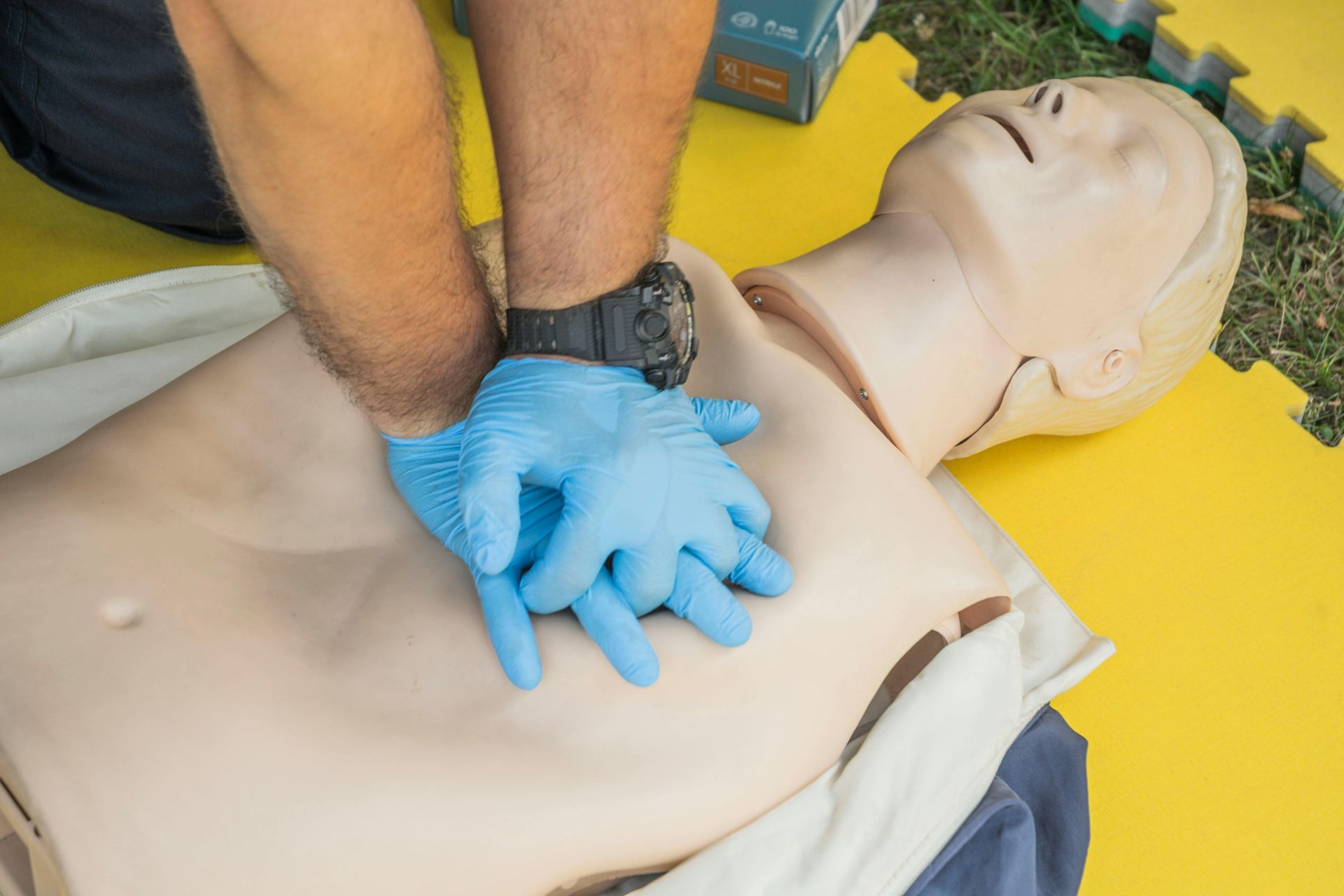
Level 3 Award in Paediatric First Aid
What does the qualification cover?
This qualification provides learners with the first aid skills they require to enter into the children’s workforce. The aim of the qualification is to guide and assess the development of knowledge and skills relating to paediatric first aid. This qualification is accredited through Highfield Awarding Organisation and it meets Ofsted requirements.
Topics include:
• The role and responsibilities of the paediatric first-aider and providing first aid for an infant or a child who is unresponsive.
• How to administer first aid to an infant or a child with head and spinal injuries, who is choking or suffering from anaphylaxis.
Who is it suitable for?
The qualification is designed for learners who have responsibility for children, whether at work in their setting or within a domestic environment. Its topics are regarded by the Early Years Foundation Stage as being important to maintaining good practice in the safe, prompt and effective treatment of injuries and ill health of infants and children who are under the care of trained personnel.
How is it assessed?
You will be assessed by a practical demonstration and a multiple-choice theory test.
How long does it take to complete?
The duration is 12 hours and expected to be completed over 2 days. Our delivery method is a mixture of Day 1 online live training and Day 2 face-to-face training.
Which type of job roles can you apply for on completion?
This qualification will allow you to administer paediatric first aid as part of your current job role. It is valid for 3 years and then must be renewed if you wish to continue to practise paediatric first aid.
What is the course fee?
The course fee is £89.00 per person.

Level 3 Emergency in Paediatric First Aid
What does the qualification cover?
This qualification provides learners with the first aid skills they require to enter into the children’s workforce. The aim of the qualification is to guide and assess the development of knowledge and skills relating to emergency paediatric first aid. This qualification is accredited through Highfield Awarding Organisation and it meets Ofsted requirements.
Topics include:
• The role and responsibilities of the paediatric first-aider and providing first aid for an infant or a child who is unresponsive.
• How to administer first aid to an infant or a child with head and spinal injuries, who is choking or suffering from anaphylaxis.
Who is it suitable for?
The qualification is designed for learners who have responsibility for children. Its topics are regarded as being important to maintaining good practice in the safe, prompt and effective treatment of injuries and ill health of infants and children who are under the care of trained personnel.
How is it assessed?
You will be assessed by a practical demonstration and a multiple-choice theory test.
How long does it take to complete?
The duration is 6 hours.
Which type of job roles can you apply for on completion?
This qualification will allow you to administer paediatric first aid as part of your role working with children.
What is the course fee?
The course fee is £59.00 per person.

Level 3 Certificate in Assessing Vocational Achievement
This qualification is accredited through TQUK (Training Qualification UK).
TQUK is an Ofqual regulated Awarding Organisation.
This qualification provide learners with the opportunity to develop skills, knowledge and understanding to enable them to perform the role of an assessor. It is for those who assess both occupational competence in the work environment and vocational skills, knowledge and understanding in a workshop, classroom or other training environment rather than assessing competence in a work environment. There must be evidence to cover all of the assessment methods listed in the units.
Trainee Assessors must achieve 15 credits from three mandatory units to be awarded the TQUK Level 3 Certificate in Assessing Vocational Achievement (QCF).
Unit(s)
Understanding the principles and practices of assessment
Assess vocational skills, knowledge and understanding
Assess occupational competence in the work environment
Course Duration
Up to six months depending on individual learner’s ability to progress on the course.
Progression
Successful learners can progress through the suite of qualifications included in this specification and further to other qualifications such as:-
• TQUK Level 4 Award in the Internal Quality Assurance of Assessment Processes and Practice (QCF).
Qualification Fee
The course fee is £840.
Course fee can be paid in installments as agreed. E.g. £140 for 6 months.

Level 3 Award in Education and Training
This qualification is accredited through TQUK (Training Qualification UK).
TQUK is an Ofqual regulated Awarding Organisation.
This qualification is an introductory teaching qualification, which prepares learners for teaching or training in a wide range of contexts. It does not develop competence, as learners are not required to be in a teaching position. The qualification is suitable for individuals who wish to teach in the Further Education and Skills Sector and forms a foundation for those with little or no previous experience of teaching or training.
Learners must achieve a minimum of 12 credits from three mandatory unit groups. Group A is mandatory; Groups B and C contain optional units, some of which are taken from the Learning and Development qualification. Group A - 3 credits, Group B – a minimum of 6 credits, Group C – a minimum of 3 credits. We have selected the following units for this qualifications from the above group.
Programme group Units
Group A Understanding roles, responsibilities and relationships in education and training
Group B Understanding and using inclusive learning and teaching approaches in education and training
Group C Understanding the principles and practices of assessment
Assessment
The qualification is assessed by internally set and marked assessments subject to external quality assurance. All learning outcomes must be met to achieve a pass - there is no grading.
The micro-teaching session and teaching practice
Learners must be involved in at least one hour of microteaching. Each learner must deliver at least one 15-minute microteaching session, which is observed and assessed by a member of the centre staff team. For the additional 45 minutes, learners can either deliver additional microteaching sessions or observe the microteaching sessions of other learners. Learners can deliver a one-to-one training session, providing they meet the requirements of the qualification. There is no requirement for learners to use an icebreaker, agree ground rules, or embed English, maths and ICT during their micro teach session. Teaching practice must be observed and assessed by a member of the centre staff team as part of the unit Understanding and Using inclusive Teaching and Learning Approaches in Education and Training.
Course Duration
Up to three months depending on individual learner’s ability to progress on the course.
Progression
Successful learners can progress through the suite of qualifications included in this specification and further to other qualifications such as:-
• TQUK Level 3 Certificate in Assessing Vocational Achievement (RQF)
• TQUK Level 4 Award in Education and Training (RQF)
• TQUK Level 4 Award in the Internal Quality Assurance of Assessment Processes and Practice (QCF).
Qualification Fee
The course fee is £450.
Course fee can be paid in installments as agreed. E.g. £75 for 6 months.

Level 4 Award in the Internal Quality Assurance of Assessment Processes and Practice
Introduction to the Qualification
TQUK Level 4 Award in the Internal Quality Assurance of Assessment Processes and Practice (RQF) is regulated by Ofqual.
Qualification Purpose
The Internal Quality Assurance of Assessment Processes and Practice (RQF) provides learners with the opportunity to develop skills, knowledge and understanding to enable learners to perform the role of internal quality assurer.
Accreditation
This qualification is accredited through TQUK.
TQUK is an Awarding Organisation recognised by the Office of Qualifications and Examinations Regulation (Ofqual) in England, CCEA Regulation in Northern Ireland and by Qualifications Wales.
Entry Requirements
Learners should have an assessing qualification and previously worked as an Assessor. The qualification is suitable for learners of 19 years of age and above.
Guided Learning Hours (GLH) are made up of all contact time, guidance or supervision of a learner by a lecturer, supervisor, tutor, trainer or other appropriate provider of education or training. GLH for this qualification is 90 hours.
The learner and assessor will agree the length of time for work placement to ensure sufficient experience gained to complete all ‘Be Able To Criteria’ to demonstrate their practical skills working with children. The learner can take up to 6 to 9 months to complete this qualification.
Assessment
The qualification is assessed by internally set and marked assessments subject to external quality assurance. All learning outcomes must be met to achieve a pass - there is no grading.
Evidence for all learning outcomes must come from performance in the work environment. There must be evidence of the IQA trainee monitoring a minimum of two assessors, each with a minimum of two trainees of their own, through components of a qualification. All learning outcomes in this unit must be assessed using methods appropriate to the candidate IQA’s performance.
Assessment is completed through a range of assessment methods. For example, examining products of work, questioning, observation of performance, witness testimony, professional discussion, reflective account. Simulations are not allowed. There must be valid, authentic and sufficient evidence for all the assessment criteria. Holistic assessment is encouraged and one piece of evidence may be used to meet the requirements of more than one assessment criterion. All assessment records will be shared with the tutor and learner using Microsoft OneDrive system.
Progression
Successful learners can progress through the suite of qualifications in this specification and to other qualifications such as:
• TQUK Level 4 Certificate in Leading the Internal Quality Assurance of Assessment Processes and Practice (RQF)
• TQUK Level 4 Award in Externally Assuring the Quality of Assessment Processes and Practice (RQF)
• TQUK Level 4 Diploma in Learning and Development (RQF)
Qualification Fee
The course fee is £840.
Course fee can be paid in installments as agreed. E.g. £140 for 6 months.
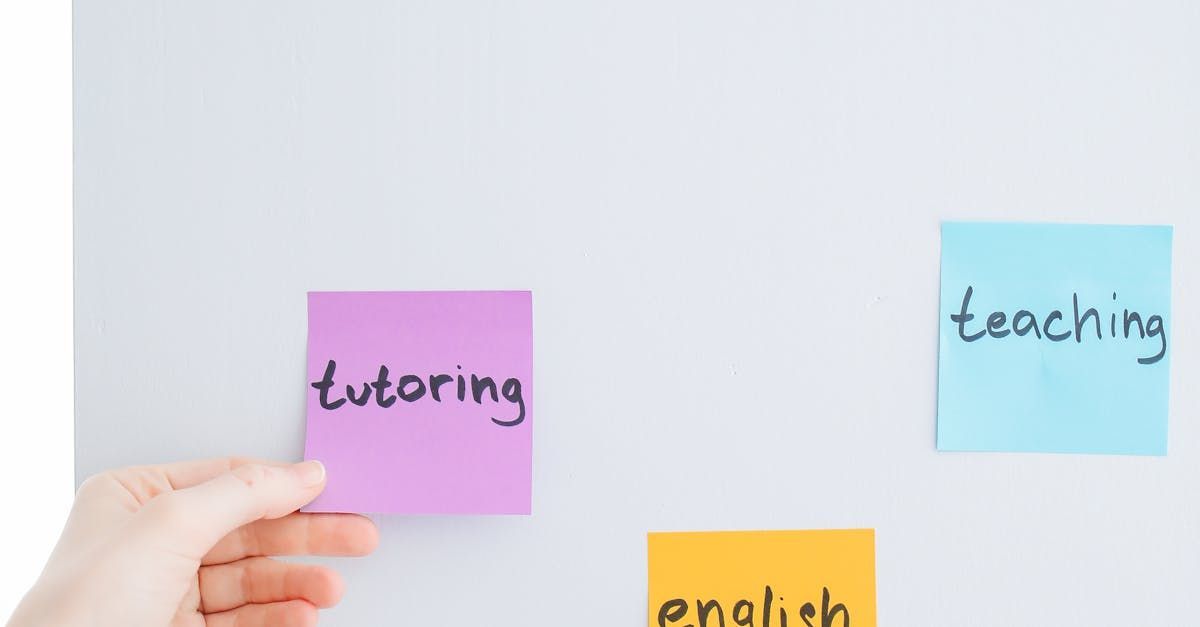
Functional Skills in English at Level 2
Introduction
This qualification specification is designed to outline all you need to know to offer Highfield Functional Skills Qualification in English at Level 2 qualification. It relates to the reformed qualifications that must be taken by learners registered on Highfield’s functional skills qualifications from 1 September 2019.
Qualification regulation and support
Our centre is approved and accredited through Highfield Awarding Body to deliver functional skills qualifications. The Highfield functional skills qualifications in English at level 2 are regulated by the regulators of England (Ofqual).
Guidance on results notification and certification
To achieve the Highfield Functional Skills Qualification in English at Level 2 learners must successfully pass all 3 mandatory components.
Speaking, Listening and Communicating: Malearn will inform Highfield of a learner’s achievement of this component by submitting a notification of completion (NOC).
Reading and Writing: Learners must successfully pass the 1 mandatory assessment for reading and the 1 mandatory assessment for writing.
If unsuccessful, learners may re-sit the assessment. There will be an additional fee for each resit. There is no limit to the number of attempts a learner may take. The tutor will continue to provide appropriate support to prepare learners for the assessment. The qualification outcome is pass or fail. After successfully completing all 3 components, a certificate will be issued.
E-assessment and remote invigilation
his e-Assessment is regulated assessments on your computer. This will be remote online invigilation. This means the assessment can be done at home when it is convenient with the learner. This allow learners to sit their assessments from their own homes. A distance invigilation remotely monitors learners taking assessments and ensures they meet exam environment requirements.
Course Fee £350 inclusive of registration and examination.
Resit Fee £150 only if the learner fail their examination and needs to do a resit.

Functional Skills Qualification in Mathematics at Level 2
Introduction
This qualification specification is designed to outline all you need to know to offer Highfield
Functional Skills Qualification in Mathematics at Level 2 qualification at your centre. It relates
to the reformed qualifications that must be taken by learners registered on Highfield’s
functional skills qualifications from 1 September 2019.
Qualification regulation and support
Our centre is approved and accredited through Highfield Awarding Body to deliver functional skills qualifications. The Highfield functional skills qualifications in English at level 2 are regulated by the regulators of England (Ofqual).
Guidance on assessment, results notification and certification
Level 2: Learners must successfully complete 1 external assessment. Each qualification
consists of ONE mandatory component and is assessed by an externally set examination
(paper-based or on-screen) that consists of two parts:
1. the Calculator Test
2. the Non-calculator Test
As the names suggest, learners may use a calculator during the Calculator Test, however
calculators MUST NOT be used during the Non-calculator Test.
Calculators must be available to learners during the Calculator Test. Learners are NOT
permitted to use the calculator application on their mobile phone; mobile phones are
prohibited during all functional skills examinations. Only calculators with basic functions are permitted (addition, subtraction, multiplication and division), learners are not permitted to use scientific or advanced calculators.
Marks from the two parts are combined and the result (pass/fail) will be released using the
combined mark from both parts of the examination.
Each part of the examination requires learners to demonstrate underpinning knowledge skills and problem-solving techniques in realistic settings as determined by a set of subject content.
After successfully completing the assessment, a certificate will be issued.
If unsuccessful, learners may re-sit the assessment. Learners opting to re-sit must complete both parts of the assessment (the Calculator Test and the Non-calculator Test).
Centres must select the re-sit option when scheduling a re-sit. Please note that there is a charge for each additional assessment taken. There is no limit to the number of attempts a learner may take, but centres should provide appropriate support to prepare learners for the assessment.
The qualifications support progression to further study (e.g. GCSE) and are suitable for
delivery in a wide range of learning environments either as stand-alone qualifications or as part of a larger programme of study (e.g. an apprenticeship).
E-learning, e-assessment and remote invigilation
Learners will be given access to BKSB e-learning materials. A tutor will be allocated to the learner for ongoing support and guidance. Live zoom sessions are flexible and will be mutually agreed with the learner and tutor.
We can arrange e-assessment through Highfield. This e-Assessment is regulated
assessments on your computer. This will be remote online invigilation. This means the
assessment can be done at home when it is convenient with the learner. This allow learners to sit their assessments from their own homes. A distance invigilation remotely monitors learners taking assessments and ensures they meet exam environment requirements.
Course Fee £350 inclusive of registration and examination.
Resit Fee £150 only if the learner fail their examination and needs to do a resit.
Your Next Steps

1. Application
Complete your application form online. You will receive an acknowledgement confirming that we have received it.
2. Interview & Initial Assessment
One of our Assessors will contact you to arrange a remote interview and initial assessment (by phone or video call).
This is an informal process where you will:
Meet a subject specialist tutor
Learn more about the course you have applied for
Complete a short initial assessment so we can support your learning needs
Ask any questions about studying with Malearn
3. Induction & Enrolment
3. Induction & Enrolment
Once your place is confirmed, you will be invited to an induction session. Here you’ll be introduced to Malearn, given access to your resources and e-portfolio, and meet your Assessor, who will guide you throughout your programme.
CPD Training Portal
Grow your Skills
Friendly support
Save time
Malearn Referral Scheme FAQ
Q1. What is the Malearn referral scheme?
The referral scheme rewards learners and employers who recommend Malearn courses. When a new learner is referred and successfully enrols, both the referrer and the new learner receive a £25 reward. Available on specific dates and offers.
Q2. Who can take part?
The scheme is open to:
- New learners applying to Malearn
- Past learners who studied with us previously
- Employers referring staff for training
Q3. How does the reward work?
- Both the referrer and the new learner receive £25 each.
- The reward may be provided as:
- A cash back payment
- A course fee discount (for current learners)
- A voucher (for past learners or employers)
Q4. When are rewards paid?
Rewards are issued
within 14 days of the new learner’s enrolment being confirmed and their first payment being made.
Q5. Are there limits on referrals?
No. There is
no limit to the number of learners who can be referred. £25 will be rewarded for each successful enrolment.
Q6. What if the new learner does not complete enrolment?
If the referred learner does not complete enrolment or withdraws before making their first payment, no reward will be issued.
Q7. Are there any other conditions?
- The referred learner must not already be enrolled with Malearn.
- Rewards are non-transferable and cannot be exchanged outside the options listed.
- Malearn reserves the right to amend or withdraw the referral scheme at any time.


